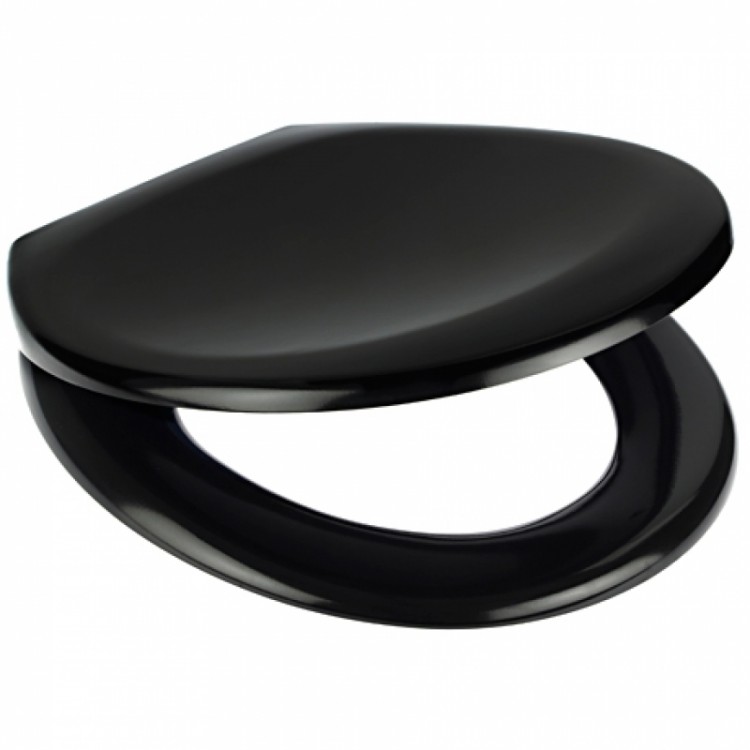What’s incontinence got to do with fall prevention in the elderly? Quite a bit if you think about it; running to the bathroom or slipping on an accident likely causes more falls and resulting injury among seniors than most would want to admit.
In a study, published in the 2000 Journal of the American Geriatric Society, rushing to the bathroom “most likely increases the risk of falling, which then results in fractures.” The study also concludes that by diagnosing and treating urge incontinence, the risk of fracture may be decreased.
If you or a loved-one suffers from urge incontinence or nighttime incontinence make sure the path to the toilet is free from any tripping hazards such as throw rugs or clutter on the floor. Use a nightlight to improve vision and reduce the risk for falls.
There are a number of types of urinary incontinence, some minor and some which affect quality of life more dramatically. While women are more likely to have stress incontinence due to past pregnancy and menopause, men with prostate problems have an increased risk for urge or overflow incontinence. Age, excess weight and other diseases also contribute to urinary incontinence.
Stress incontinence – urine leaks when pressure is put on the bladder by laughing, sneezing, coughing, exercising or lifting a heavy object
Urge incontinence – a sudden, intense urge to urinate followed by voiding involuntarily. May need to urinate often and throughout the night. May be caused by an infection or could be a more serious problem. (see a doctor as this can be a symptom of a neurological disorder or diabetes)
Overflow incontinence – when the bladder does not fully empty and there is a constant leakage
Functional incontinence – not able to make it to the toilet in time due to a physical or mental impairment.
Mixed incontinence – A combination of any of the above
Source: Mayo Clinic
For those who experience incontinence of any kind, speak with your doctor as it can be a sign of a serious health issue. In many cases, incontinence can be treated with dietary or medication changes, treatment of infection, bladder training, pelvic floor exercises and in some cases surgery.
Fix incontinence issues and reduce the chance of a devastating fall Click To Tweet





Add Your Voice
0 Comments
Join the Discussion